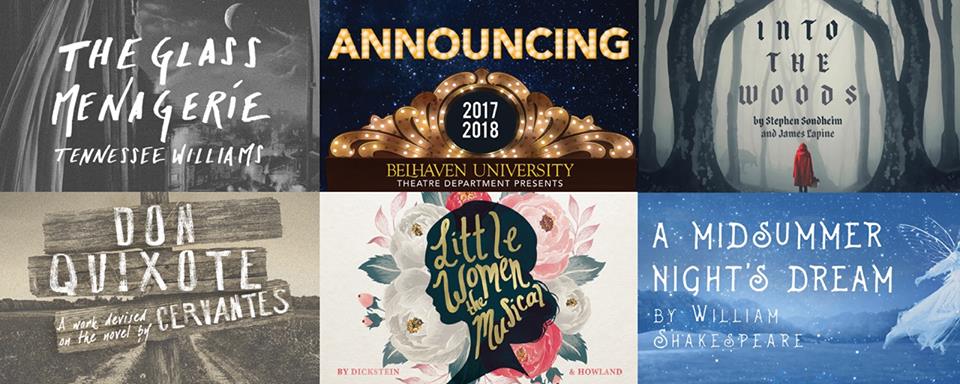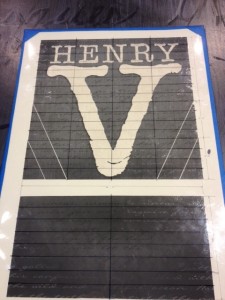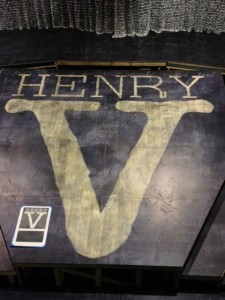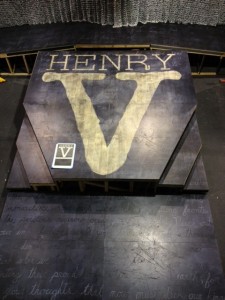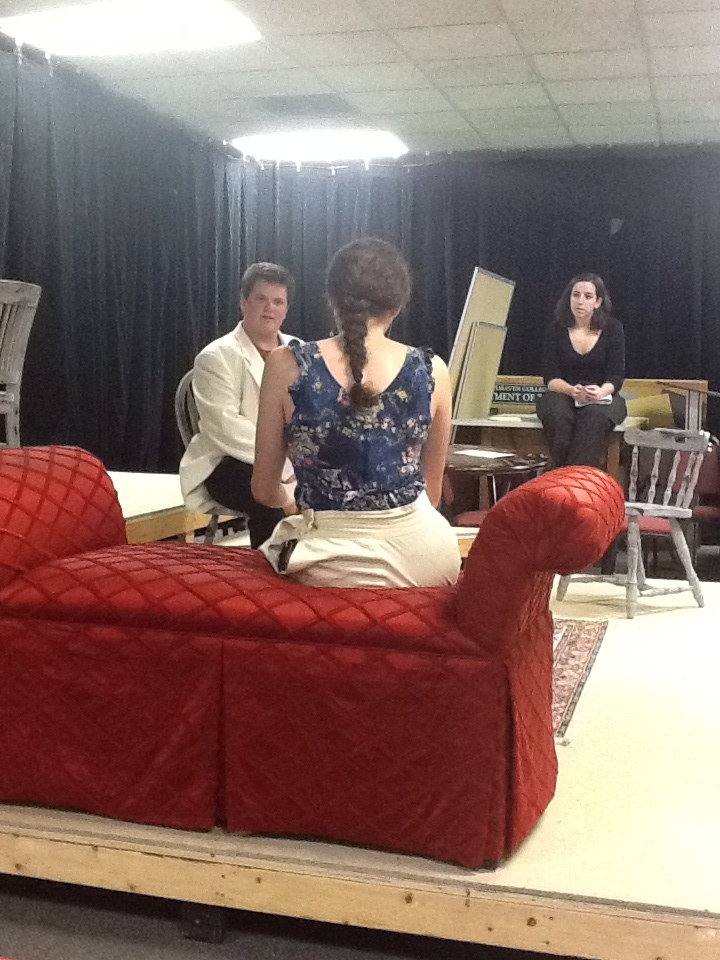Nature abhors a vacuum.
We’ve come a long way from the empty hallways and classrooms of summer. It seems like only yesterday that schedules lay blank, and unfilled- awaiting the promise of a new school year, challenging academics, and exciting activities. The prospect of having “nothing to do” is now a sweet, distant memory, as we rush from class to class, project to project, idea to idea. Taking a moment to breathe and reflect seems wasteful and self indulgent. After all, there is so much to do, and it’s good right? It’s good to be involved and engaged and… and… and…?
Somehow, in the rush we forget who we are, and why we are doing this all in the first place.
Writer Charles E. Hummel calls it the Tyranny of the Urgent. We lose what is important amid the tide of busyness. We become disconnected from our creative and spiritual Source, instead focusing our energies towards whichever deadline approaches fastest.
In a society wired for instant gratification, the value of contemplation and reflection increases.
As artists, as Christians, we can remind ourselves that we are called to stillness, to rumination, a deep AWARENESS of what we do, and a holy imperative to execute our tasks mindfully. It’s not enough to go through the motions. After all, this is our act of worship.
My teacher, Dr. Don Postema says it beautifully:
The world doesn’t need more busy people, maybe not even more intelligent people. It needs ‘deep people,’ people who know that they need solitude if they are going to find out who they are… The world needs people who want their lives not only to be filled, but to be full, and fulfilled. If we are to be artists of our lives, we need to be in touch with the One who is a “greater artist than all other artists…” The world needs people who will allow time for God to recreate them, play with them, touch them as an Artist who is making something beautiful with their lives. (Postema, 18)
Take time to be still today. Connect with your Source.
Listen.
Reflect.
Breathe.
Postema, Don. Space for God. 2nd . Grand Rapids, Michigan: Faith Alive Christian Resources, 1997. 18. Print.
